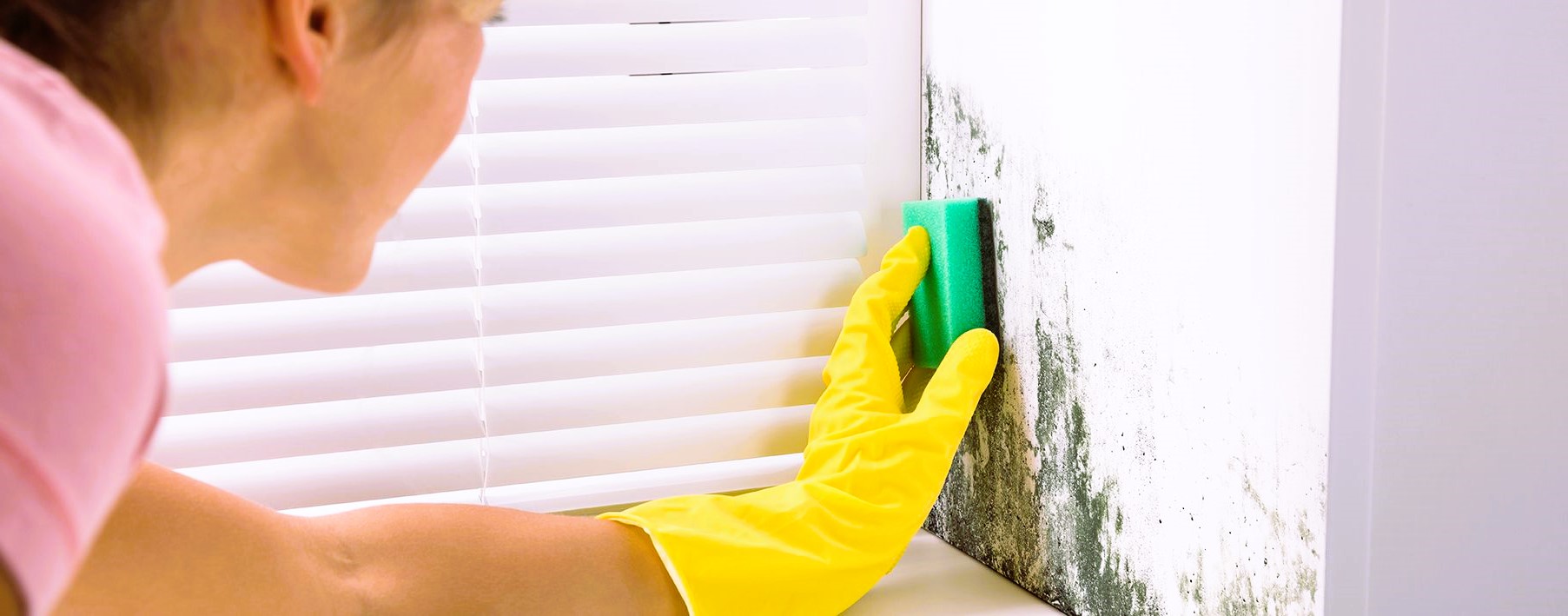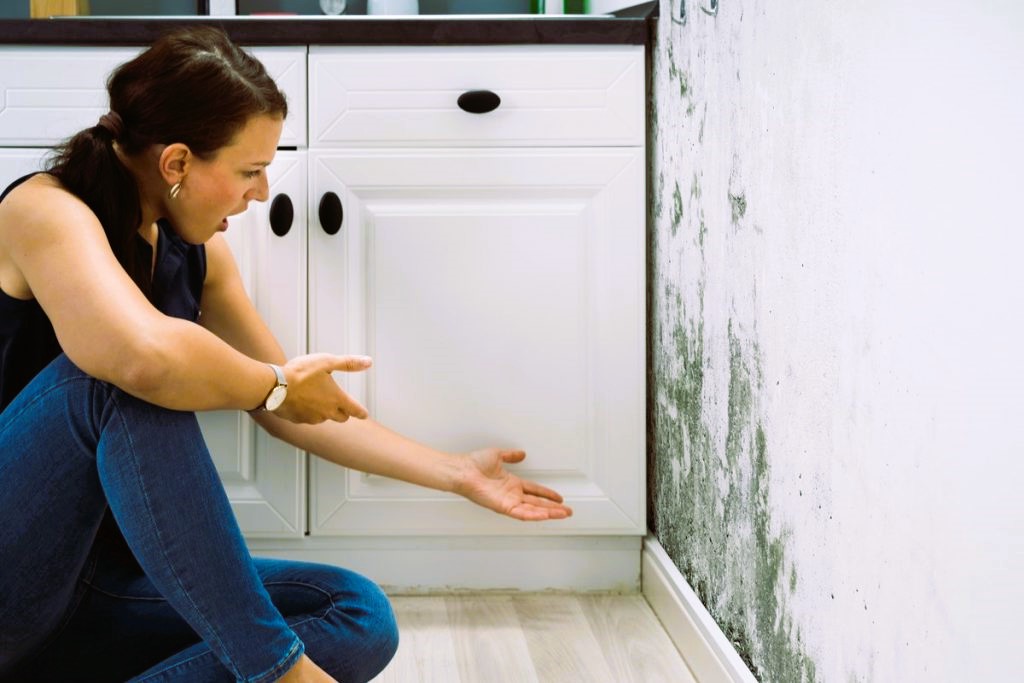Mold damage is a common concern for homeowners, often arising from water leaks, floods, or high humidity levels. Dealing with the aftermath of mold infestation can be not only a health hazard but also a significant financial burden. Understanding the intricacies of insurance coverage for mold damage is essential for homeowners seeking financial protection and timely remediation. In this article, we will delve into the key aspects of insurance coverage for mold damage and provide insights into navigating the claims process.
Understanding Mold Damage Coverage:
- Basic Homeowners Insurance: Standard homeowners insurance typically covers sudden and accidental perils, such as burst pipes or sudden leaks. However, coverage for mold damage may vary. Some policies may provide coverage for mold if it results from a covered peril, while others may exclude mold damage altogether.
- Water Damage and Mold: Insurance coverage often hinges on the source of the water damage. If mold results from a covered water damage event, such as a burst pipe, insurance may cover both the water damage and subsequent mold remediation. It is crucial to review your policy to understand the specifics of water damage coverage.
- Gradual vs. Sudden Damage: Insurance policies may distinguish between sudden and gradual damage. Sudden and accidental damage is more likely to be covered, while gradual damage, such as long-term leaks that lead to mold growth, may be excluded. Homeowners should be aware of these distinctions when assessing their coverage.
- Exclusions and Endorsements: Insurance policies often include exclusions related to mold damage. Some policies may have limitations on the amount of coverage provided for mold remediation. Additionally, homeowners can explore endorsements or additional coverage options specifically tailored to mold-related issues.
- Preventive Measures: Some insurance policies may incentivize homeowners to take preventive measures against mold. Implementing measures such as regular maintenance, prompt repairs, and addressing water leaks can contribute to a healthier living environment and may impact insurance coverage positively.
Navigating the Claims Process:

- Documenting the Damage: In the event of mold damage, thorough documentation is crucial. Homeowners should take photographs, videos, and written notes detailing the extent of the damage. This documentation will serve as essential evidence during the claims process.
- Prompt Reporting: Timely reporting of mold damage to the insurance company is imperative. Delays in reporting may complicate the claims process and could potentially lead to coverage issues. Notify your insurer as soon as you discover the mold or related water damage.
- Professional Assessment: Insurance companies may require a professional assessment of the mold damage. Hiring a certified mold remediation specialist to evaluate and document the extent of the damage can strengthen your insurance claim. We conducted a comprehensive analysis of the effect of condensation on the growth of window mold.
- Reviewing Policy Terms: Homeowners should carefully review their insurance policy to understand the terms and conditions related to mold damage. Understanding the scope of coverage, limitations, and any applicable deductibles is essential for informed decision-making.
- Claim Denials and Appeals: In cases where a claim is denied, homeowners have the right to appeal the decision. Understanding the reasons for denial and providing additional evidence or clarification can strengthen the appeal.
The Role of Standardization in Mold Remediation:
The process of mold remediation is often guided by industry standards to ensure effective and safe practices. Organizations such as the Institute of Inspection, Cleaning and Restoration Certification (IICRC) set standards for mold remediation processes. Adhering to these standards not only contributes to the efficacy of mold remediation efforts but can also positively influence insurance claims.
Insurance coverage for mold damage requires a nuanced understanding of policy terms, coverage limitations, and the claims process. Homeowners must proactively address water damage issues, promptly report mold incidents, and be familiar with their policy terms to maximize their chances of successful claims. Additionally, incorporating industry standards in mold remediation efforts can enhance the overall effectiveness of the process. For more information on mold remediation standards, refer to organizations such as the Institute of Inspection, Cleaning and Restoration Certification (IICRC).


